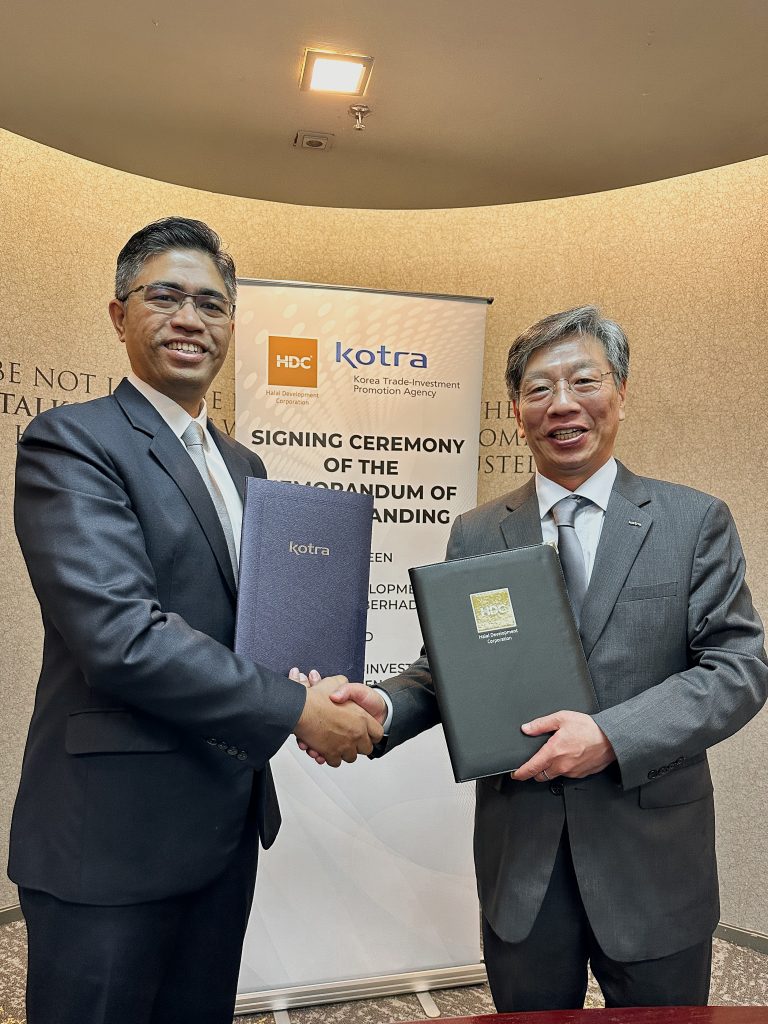 By Rushdi Siddiqui for Khaleej Times
By Rushdi Siddiqui for Khaleej Times
The halal industry and the certification bodies seem to have missed the boat on cross contamination challenges for halal certified products during transportation to port and place of consumer destination.
“The air that people breathe in many Chinese cities has become dangerously polluted. Their food supply is subject to constant contamination scandals. Now it appears that not merely stagnant ponds but the water people draw from deep underground is already tainted.” James Fallow
At the Global Islamic Finance Forum (GIFF) 2014, Bank Negara Malaysia, global leader on Islamic Banking and Takaful, had a day-long session on establishing linkages between the halal food industry and Islamic finance. The three sessions tabled numerous issues, including cross contamination indirectly, which now requires a bright spotlight.
The halal industry and the certification bodies seem to have missed the boat on cross contamination challenges for halal certified products during transportation to port and place of consumer destination.
[But, there is also an ‘element of contamination’ before the halal slaughter, meaning, a void product from the beginning irrespective of valid slaughter.]The tracking and tracing from farms to abattoirs to docks/warehouses to (sea/land) transportation to destination docks/warehouses to cold rooms of retailer to shelf space needs to better understood. Why? Because halal certified may become impermissible due to proximity, contact, etc, with, say, pork, alcohol/wine, etc, during the multiple stages of transport, storage and handling.
Leaking chain
The halal industry is at important cross-roads for many things, including integrity, in light of food scandals in China, DNA speck of pork found in burgers in UK, recent Cadbury chocolates with alleged pork DNA, and the general overall ‘halal hysteria,’ in selected markets. Frankly speaking, the industry needs operational experienced personnel to head this initiative as they only understand where the contamination ‘leakage(s)’ may be taking place.
What we seem to have missed, by not giving the issue enough air time of deep-dive discussions, includes:
- The issues related to the animal’s birth, feeding, raising and transporting to the abattoir are as important as the pre-conditions of the halal slaughter like invoking Creators name, Muslim butcher, sharp knife, drink of water, non-witnessing by other animals, etc.
- At slaughter, especially if same assembly line switches livestock during week, the issue of properly cleaning restraints, conveyer belts, knife, vats, etc.
- Post slaughter issues on packaging, transportation to port/place of buyer, including challenges during sea travel if the halal certified products are in same container as packed boxes of pork products.
- Upon port of landing, are there dedicated warehouses for separate locations for halal goods or separation from pork packaged containers.
- Transportation from port to the retailer/buyer, how are the boxes placed: dedicated trucks for halal? Mixed with non-halal product boxes?
- At the cold room of retailers, are there instructions of where the halal packages are stored before opening boxes to place on shelf?
- When taking from the cold room to the retailer’s shelf, how are halal packaged items handled?
- Finally, what if the halal packaged goods are accidentally mixed/place by non-Muslim customers in the pork section?
The above-mentioned sampling can make a halal product into haram (impermissible), and independent ‘tracking and tracing’ studies need to be undertaken for the potential ‘leakages’ to preserve and promote integrity.
Furthermore, we must also be conscious of air-borne particles and sensitivity analysis of testing machinery and calibrations to better understand and manage expectations for false-positives and true-negatives. Put, differently, is there a minimum microscopic band-width range of impermissibility, due to external factors like air-borne particles, at packaging, transporting to opening stage?
GPS halal chain
As the objective is an ‘end-to-end’ halal supply chain, including financing payment as part of the convergence with Islamic finance, has the industry and halal certification bodies formulated the right questions at each inflexion point where cross contamination may take place?
Finally, taking two simple examples of tracking delivery packages and airline flights from take-off to landing, the time has come to use technology, like GPS, to track the halal food supply for integrity assurance.
A loss of confidence may mean reliance on Kosher consumption.
“I think the biggest thing is clean as you go. Wash all your knives, cutting boards, dishes, when you are done cooking, not look at a sink full of dishes after you are done. Cleaning as you go helps keep away cross contamination and you avoid having food borne bacteria.”
The writer is a co-founder and chief executive of Zilzar. Views expressed by him are his own and do not reflect the newspaper’s policy.



